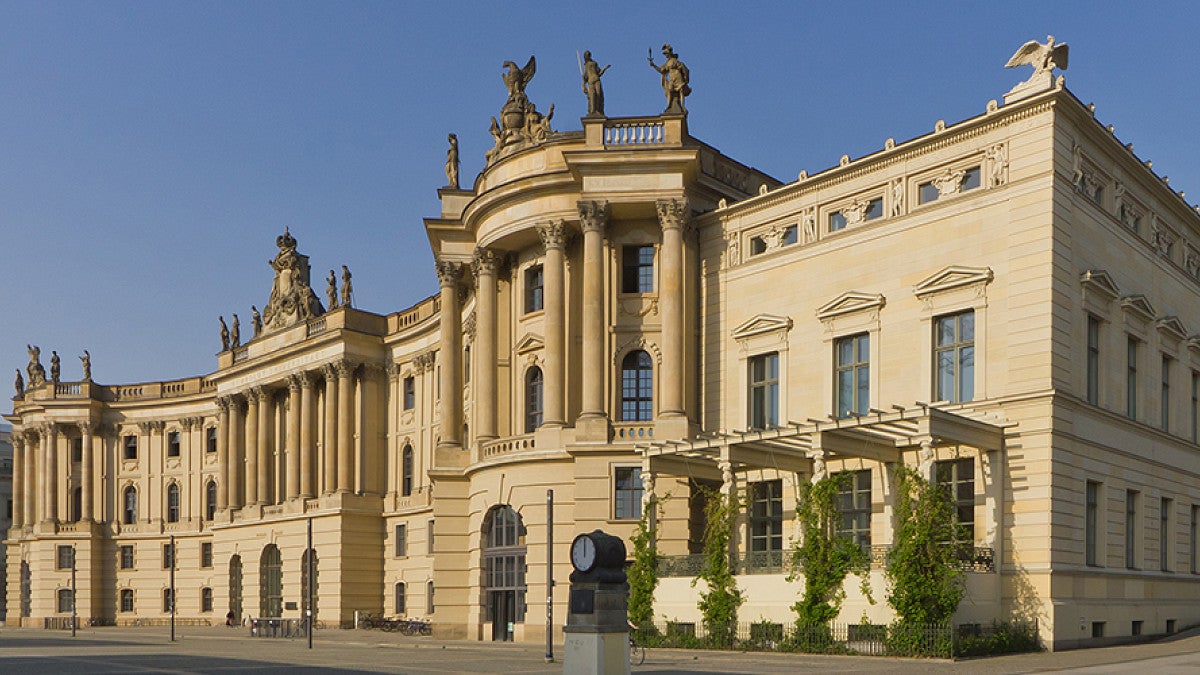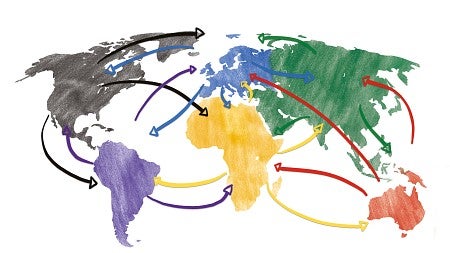The Department of German and Scandinavian faculty is composed of scholars devoted to the rigorous study of literature, theory, and cultural history in the German and Scandinavian contexts. They pursue research on a broad range of topics, including romanticism, modernism, literature of migration, Judaic Studies, Yiddish, folklore, fantasy, gender, decolonial studies, film, psychoanalysis, philosophy, and critical social theory.

Research Across Disciplines
The field of German and Scandinavian studies is interdisciplinary by nature, and our faculty members often engage in research across multiple disciplines. Looking for a mentor or expert in the Department of German and Scandinavian? Discover the topics of interest on which our faculty are conducting research.

Conducting Research in Germany
The German government is extraordinarily dedicated to providing funding for students and scholars from around the world to conduct research in the natural sciences, social sciences and humanities. Our faculty, undergraduates and graduate students have access to a wide variety of opportunities to conduct research, study, or participate in internships in Germany.
Explore Our Published Research
Our faculty and graduate students regularly publish books and articles on their latest research. The Department of German and Scandinavian also has its own peer-reviewed scholarly journal. Konturen, which means "contours" or "outlines," is an interdisciplinary journal dedicated to the analysis of borders, framing determinations, and related figures of delimitation of all kinds.



